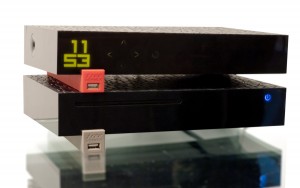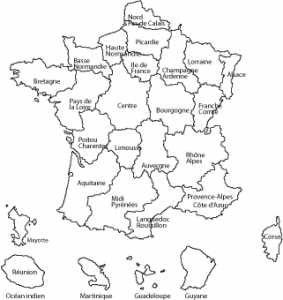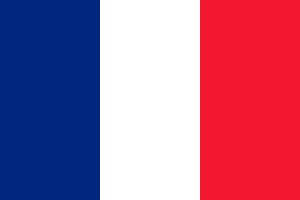The French have fielded another alternative to TrueCrypt
Article (French language / Langue Française)
VeraCrypt, une alternative française à TrueCrypt | Le Monde Informatique
From the horse’s mouth
Idrix
My Comments
TrueCrypt is a source-available encryption engine used primarily in Windows 7 and 8 as part of the BitLocker volume encryption function that the operating systems offer. Lately, further maintenance of this encryption engine had ceased with accusations of the likes of NSA putting pressure on the developers to cease maintaining it.
A few other third-party encryption engines have surfaced from Europe such as the VeraCrypt engine from France and a fork of this engine constructed in Switzerland. This is in response to Europeans having a distrust for “big government” having access to personal data due to being burnt by the Hitler, Mussolini and Franco regimes in the West and the Communist governments in Russia and the East.
Idrix has worked on the French VeraCrypt project which is pitched as being easy to use for small business, non-profit organisations and individual users. Like all encryption software, it doesn’t support the ability to “trans-crypt” i.e. convert an encrypted volume over to another encryption mechanism.
It will be initially issued for the Windows regular-computer platform but a port is being expected soon for the MacOS X (Apple Macintosh) and Linux platforms. As well, it is being made available for free and as open-source software.
But what I see of this is an attempt for European companies to “break through” the US stranglehold that can accompany the computer software scene and for European culture and norms to be respected in this field.



